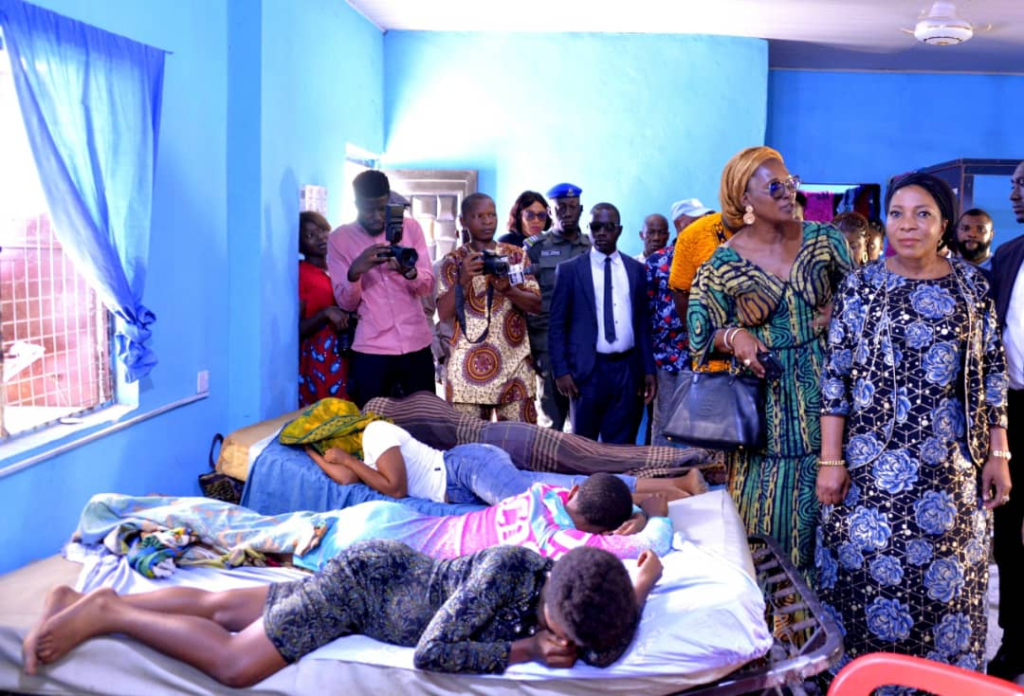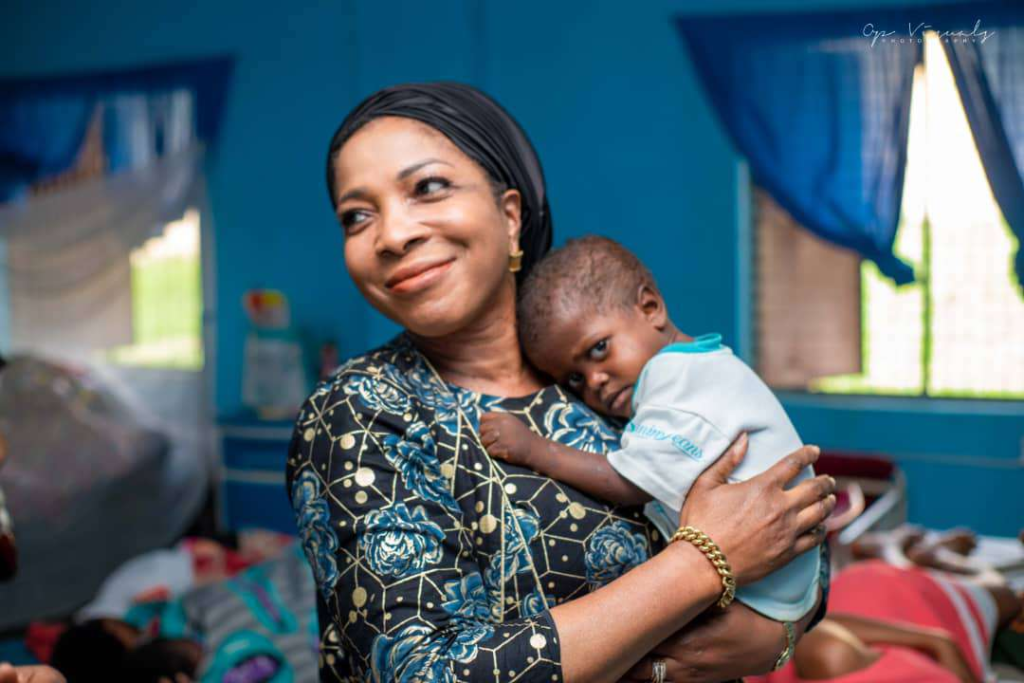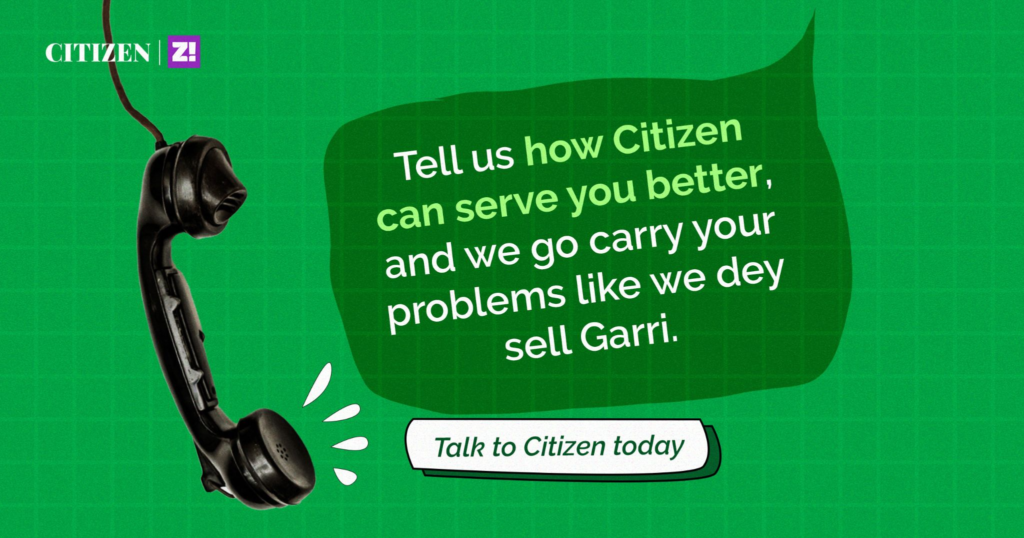On June 5, 2023, Nigerian Army troops discovered and rescued 21 pregnant women, a woman, two babies, a generator, and a stretcher with food items. They acted on an anonymous tipoff and raided a building in Umunkpei Nvosi, Abia State, to make this happen.
The survivors were held hostage in a building used for child trafficking. These types of buildings are commonly referred to as “baby factories.” Sadly, this is not the first time Nigerians have heard troubling realities like this happening nationwide.

Women rescued from the baby factory in Abia State [Authority Newspaper]

Items recovered during a baby factory raid in Abia State [Punch Newspapers]
Unfortunately, with this latest raid, the troops couldn’t arrest the actual leader of the illicit operations. Only Katherine Onyechi Ngwama, a chef working at the facility, was arrested. There has been no comment on how Katherine started working there or how much she knows about operations at the baby factory.
What’s next for the women and children?
The women and children have been admitted for medical treatments and assessments at a private health institution affiliated with the Catholic Church in Abia state.

Survivors in hospital bed [PUNCH Newspapers]
One of the pregnant women has delivered a baby at the hospital, and two more are expecting to deliver their babies in the coming weeks. Christian Anokwuru, the hospital’s provost, revealed this to the press.
On June 6, Priscilla Otti, the wife of the new governor of Abia State, visited the women. She assured them of post-natal care and support as they navigate their recovery. Faith-based organisations will partner with the state to make this happen.

Abia First Lady in picture with one of the children [Business Hallmark]
Nigeria has a baby factory crisis. One that demands immediate and widespread attention across all states. The alarming prevalence of these illicit operations calls for more attention to tackle this grave issue.
Do you know it is the third most common crime in Nigeria?
In February 2023, the National Agency for the Prohibition of Trafficking in Persons (NAPTIP) reported 921 child victims of trafficking rescued in Nigeria. And according to a 2006 UNESCO report, child trafficking is Nigeria’s third most common crime after drug trafficking and economic fraud.
It is worthy of note that child trafficking is just one of the many atrocities that occur within baby factories. These facilities are also notorious for facilitating organ trafficking. Incidents of ritual killings tend to occur in such buildings.
Do you have ideas on how we can serve you better? Tell us now!

Now, what’s the solution to this menace?
The baby factory operations are considered an illicit human trafficking issue, generating about $150 billion annually globally. For Nigeria to stop its operations, the 2015 Trafficking in Persons (Prohibition) Enforcement and Administration Act must be enforced effectively.
The Act criminalises child trafficking operations, with a sentence of seven years and a fine of nothing less than one million naira for offenders.
Citizens also have a role to play. We must report more cases of child trafficking to the necessary authorities. Government and private organisations must develop more apps and platforms like NAPTIP’s iReport app that help people report related cases. You can also support civil societies like the Devatop Centre for Africa Development, which fights against human trafficking through the training and education of volunteers.




